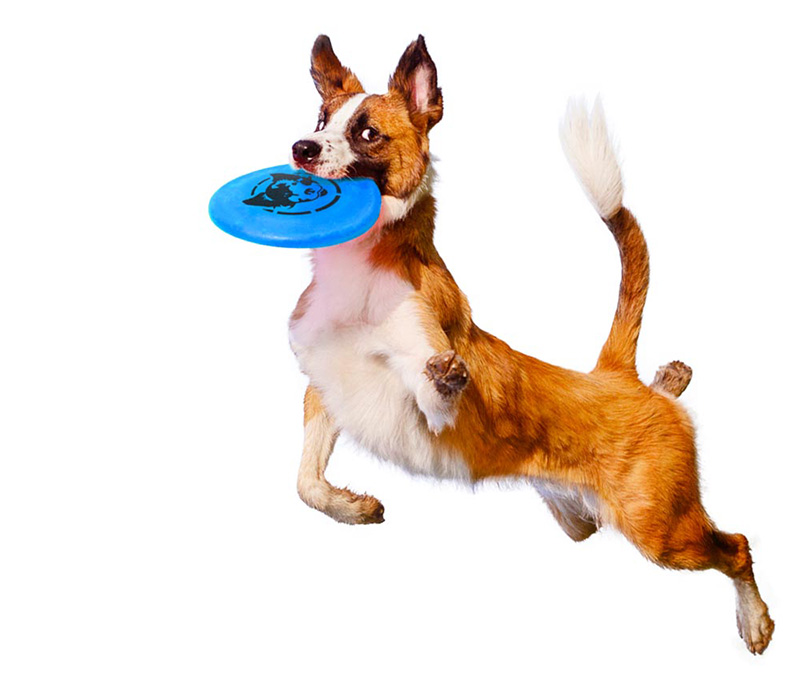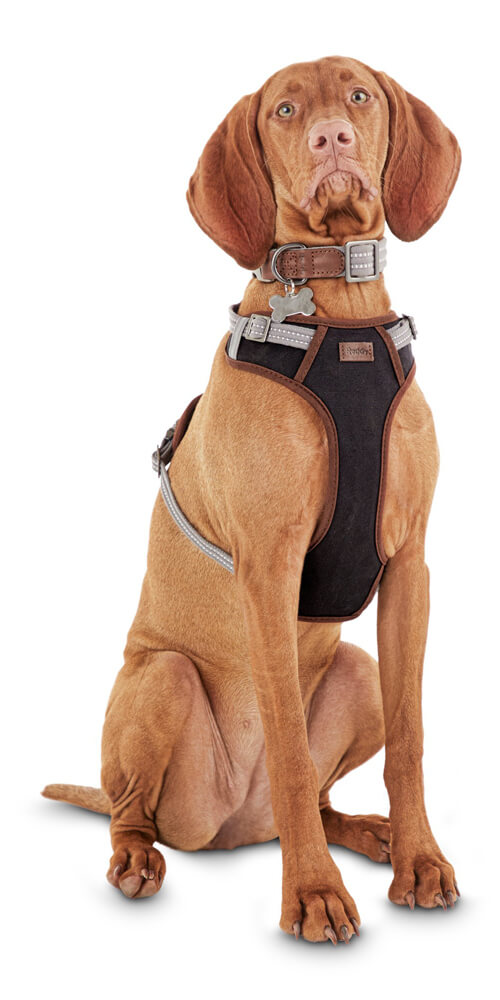Dog training tip
7 Easy Steps to Take the Headache Out of Puppy Potty Training
Everyone loves puppies. They are cute, cuddly, and so sweet. But not everyone knows how to train puppies to do the things they need to do. When you need your puppy to sit, stay, lay-down, or go potty outside, there are so many conflicting messages as to the best methods to use to make it happen. It can be very confusing and frustrating especially if you don’t know what to expect. With potty training, it’s about consistency, rewards, and setting the right expectations. You can’t expect your brand new puppy to listen right away. But with the following method, you can train your puppy to use the potty outside and keep your floors fresh and clean.

Get the Right Gear
Puppy potty training does require a few small items. You’ll want a crate that’s just the right size for your dog, a leash, some tasty treats, a baby gate, and some stain and smell remover for those inevitable accidents. Crate training is an important part of the process, and while you may want your pooch to eventually sleep with you, potty training probably isn’t the right time to do that. Also, treats are one of the best tools to give your puppy positive reinforcement.

Set the Right Potty Training Expectations
Puppies aren’t trained overnight. In fact, the main reason that dogs are brought to shelters is due to unmet potty training expectations. Owners are often inconsistent and have unrealistic expectations. It can take 4-6 months to fully potty train a dog. Some breeds may take up to a full year even if you’re doing all the right things. Additionally, the amount of time a puppy can hold their pee is directly related to how old they are. For every month old, they can hold it for 1 hour. So a 2-month-old puppy needs to be brought outside at least every 2 hours.

Plan for Positive Reinforcement
The best way to potty train dogs is always positive reinforcement. They respond well to consistency and rewards for good behavior. When they do what you want them to do, give them a reward. Every time they go potty where you want them to go, give them a treat. It’s very simple. They’ll learn to equate going potty in the right places with a reward and this is a win for you.

Steps for Puppy Potty Training Success
Now that you have the right gear and the right expectations in mind, how do you actually train a dog to go potty when you want?
- Take your dog out first thing in the morning. When you’re just getting started, it’s probably best to take your puppy outside every 30 minutes or so to the exact same spot. When your dog pees or poops outside, give them a treat.
- Keep a schedule. It’s important that your dog gets food and exercise at the same time each day. A regular diet and eating schedule will help your dog’s digestive system become pretty regular and consistent. This consistency helps with knowing when they are most likely to need a bathroom break. Also, take away food between mealtimes. You want to ensure your puppy isn’t just snacking throughout the day. They will learn to come and eat at mealtimes if you do this.
- Pay attention. If your puppy is whining at the door, take them outside. Watch for other cues that may indicate a need to go potty. These cues are important because they often fall outside of the “schedule”. They are essential to respond to because it shows that your puppy is trying to hold it, but also trying to communicate that they need to go potty.
- Don’t expect your 2-month-old puppy to hold it for more than 2 hours. If you want to reduce the number of accidents in your home, set a timer to take your puppy out every 2 hours. A 6-month-old pup can typically hold it for up to 6 hours without needing a potty break.
- Give rewards. Treats are an excellent way to offer positive reinforcement. Dogs love to get treats and once they realize that they’ll get them for going potty outside, they’ll be more likely to hold it until the right time.
- Take your puppy outside after specific activities. Take them outside after they eat, after they drink, after they play, after they have been in the crate, right before bed, and right when you get up.
- Be consistent. Consistency is critical. If you need to work while you are in the middle of puppy potty training, hire a dog walker to come during the day to keep a consistent schedule for your puppy. Once they are old enough, your dog may be able to leave them inside all day until you get home from work.

Extra Tips for Potty Training Sucess
Why it’s Essential to Clean Up Potty Accidents Right Away
Potty accidents will happen. It’s normal and to be expected when you are potty training your dog. But if you don’t thoroughly clean up pee with the right enzyme cleaners, your dog may continue to use that same spot for their business. Clean accidents immediately and completely.
How to Use a Crate for Potty Training Dogs
A crate is like a cozy den for your dog. Dogs are naturally clean animals and don’t like to go potty where they sleep. If you create a space for them in a crate that is just large enough for them to lay down, stand up, and turn around, but no bigger, you’re more likely to have potty training success. When your puppy whines, don’t delay, let them outside immediately. It’s best that they never relieve themselves in the crate because they’ll learn it’s okay and will extend that to other places in your home.
Tips to Train Older Dogs
Housetraining an older dog can be a little easier because they can naturally hold their pee longer. If you’ve recently adopted an older dog, set a consistent schedule and establish a new routine right away. Create clear boundaries, use the right-sized crate, and offer tons of rewards for good behavior. When you first adopt your dog, you may want to take them out at regular intervals just to create the habit. When they use the potty outside, give them treats, and lots of love.
As you can see, puppy potty training doesn’t need to be frustrating. You can create routines and habits that will set you and your puppy up for success. Set the right expectations early on, give lots of rewards, and clean up those messes immediately. Have you ever potty trained a puppy? What was your experience like?


